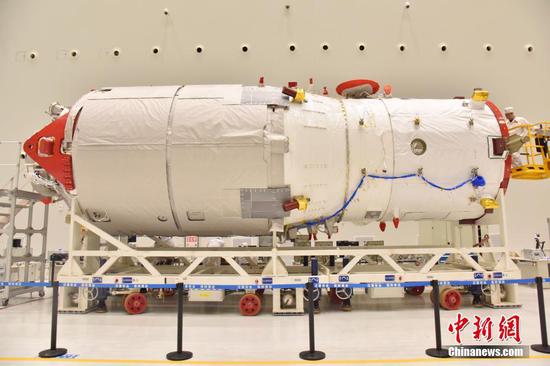U.S. firms are facing rising costs and labor shortages amid supply chain disruptions, according to a Federal Reserve survey released on Wednesday.
"Several Districts cited the positive effects on the economy of increased vaccination rates and relaxed social distancing measures, while they also noted the adverse impacts of supply chain disruptions," the Fed said in its latest survey on economic conditions, known as the Beige Book, based on information collected from its 12 regional reserve banks.
"It remained difficult for many firms to hire new workers, especially low-wage hourly workers, truck drivers, and skilled tradespeople. The lack of job candidates prevented some firms from increasing output and, less commonly, led some businesses to reduce their hours of operation," the survey said.
The survey also showed that continuing supply chain disruptions intensified cost pressures as input costs continued to increase across the board.
"Strengthening demand, however, allowed some businesses, particularly manufacturers, builders, and transportation companies, to pass through much of the cost increases to their customers," the survey said, adding U.S. businesses anticipate facing cost increases and charging higher prices in coming months.
Fed governor Lael Brainard said on Tuesday that the supply-demand mismatches at the sectoral level, which pushed up consumer prices and held back more hiring, are likely to be temporary, and urged the central bank to remain steady on its ultra-loose monetary policy.
"Although continued vigilance is warranted, the inflation and employment data thus far appear to reflect a temporary misalignment of supply and demand that should fade over time as the demand surge normalizes, reopening is completed, and supply adapts to the post-pandemic new normal," she said.
The overall U.S. economy expanded at a moderate pace from early April to late May, a somewhat faster rate than the prior reporting period, according to the Fed survey.
The Fed has pledged to keep its benchmark interest rates unchanged at the record-low level of near zero, while continuing its asset purchase program at least at the current pace of 120 billion U.S. dollars per month, until the economic recovery makes "substantial further progress."


















































